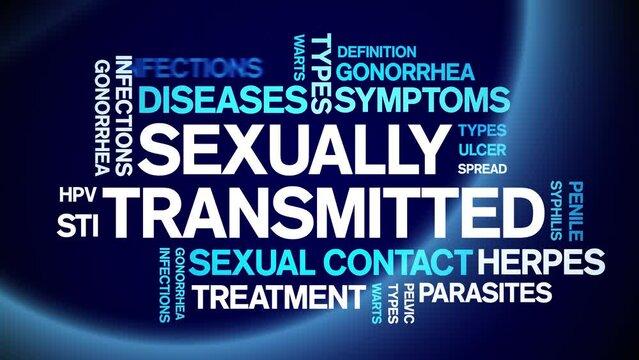WHAT ARE STIs?
STIs can range from mild to severe, and some may have long-term consequences if left untreated, such as infertility, chronic pain, organ damage, and an increased risk of HIV transmission. Prevention measures, such as practicing safe sex, consistently, getting vaccinated and getting tested regularly, are essential for reducing the risk of STI transmission and maintaining sexual health. Early detection and treatment are also crucial for managing STIs effectively and preventing further spread.
STDs AND STIs IN MEN
In men, STDs (sexually transmitted diseases) and STIs (sexually transmitted infections) can manifest in various ways, depending on the specific infection. Here's an overview of some common STDs and STIs and their symptoms in men:
Chlamydia
-
Symptoms may include pain or burning during urination, penile discharge, and pain or swelling in the testicles.
-
However, many men with chlamydia may not experience noticeable symptoms.
Gonorrhea
Syphilis
-
Syphilis progresses through stages, with symptoms varying depending on the stage.
-
In the primary stage, a painless sore (chancre) may appear on the penis or in the genital area.
-
In the secondary stage, symptoms may include rash, fever, swollen lymph nodes, and flu-like symptoms.
-
If left untreated, syphilis can progress to more severe stages, leading to serious health complications.
HIV/AIDS:
-
Early HIV infection may cause flu-like symptoms, such as fever, headache, fatigue, and swollen lymph nodes.
-
As HIV progresses to AIDS, symptoms may become more severe, including opportunistic infections and cancers due to a weakened immune system.
Herpes (HSV-1 and HSV-2):
-
Symptoms of genital herpes may include painful sores or blisters on or around the penis, buttocks, or anus.
-
Genital herpes outbreaks can recur periodically, with symptoms varying in frequency and severity.
HPV (Human Papillomavirus):
-
Many men with HPV may not experience symptoms, but some types of HPV can cause genital warts.
-
Certain strains of HPV can also lead to cancers of the penis, anus, and oropharynx (throat).
Trichomoniasis
It's important to note that some STDs/STIs can be asymptomatic in men, meaning they may not experience any noticeable symptoms. However, even without symptoms, these infections can still be transmitted to sexual partners. Regular testing, practicing safe sex, and seeking medical attention if experiencing symptoms or potential exposure to an STD/STI are essential for maintaining sexual health.
It's essential to take proactive steps to address and manage sexually transmitted diseases (STDs) or you can visit a STD Doctor in Delhi. Seeking testing, treatment, and support from healthcare professionals, including STD clinics, is crucial for managing STDs effectively and preventing further transmission.
Assistance with STD testing or treatment, it's advisable to reach out to reputable STD Treatment Near Me. They can offer confidential testing, counseling, and treatment options tailored to your needs.
Remember, addressing STDs early can significantly reduce the risk of complications and ensure a healthier future. If you have concerns about your sexual health or suspect you may have been exposed to an STD, don't hesitate to contact Dr. Raina Safe Hands Clinic.

